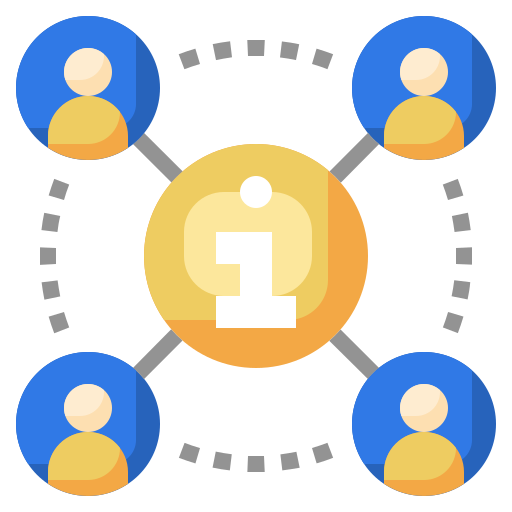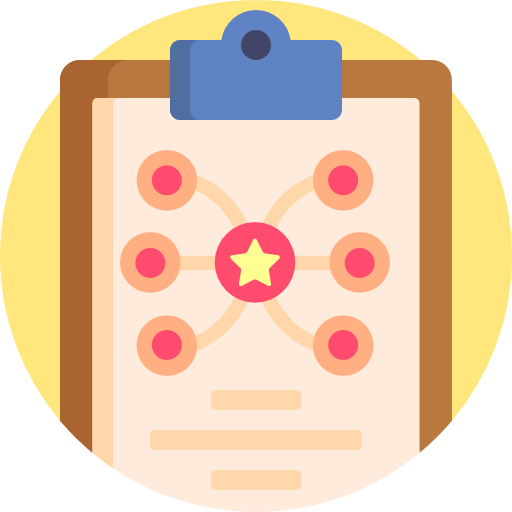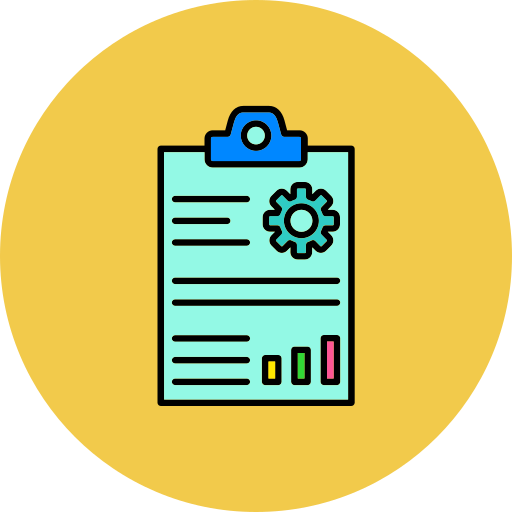Gold Standard Autism
Assessments for children
- Home
- Autism For Children
Autism Services for Children
Children and young people of all ages can be impacted by Autistic Spectrum Disorder (ASD). Commonly referred to as autism, ASD may be a well-known condition, however, its impact widely varies from individual-to-individual.
According to the National Autistic Society, ‘all autistic people are unique, and for this reason there is no definitive sign or list of signs that can tell you whether you, your child or another person is autistic.’
Autism Diagnostic Assessments play a vital role in analysing children’s core characteristics and providing them, and everybody around them, with clarity on their needs, as well as a clearer understanding of the support they may require going forward. Receiving an autism diagnosis can help answer many unanswered questions. It can also help you to better understand your child and exactly what they need – at home and at school.

We’re with you every step of the way
How our Autism Diagnostic Assessments for children work
1
Information-gathering
Before the assessment takes place, we will share some pre-assessment questionnaires with you to complete. Alternatively, you may prefer for these forms to be completed by a teacher, who may have a particularly strong relationship with your child. This is absolutely fine; the main thing is that the questionnaires are completed as fully as possible. We will then use this insight to identify the most suitable assessment method for your child.
Please note: If there is a strong indication, we will invite you to progress to the next phase.

Step
2
Multi-disciplinary assessment
Once we have reviewed your completed questionnaires, we will invite you and your child to come and see us to be assessed. During the first session, we will chat to the parent/carer for two hours about the child’s development history. In a separate two-hour session, we will speak to the child in a relaxed and informal way, which includes inviting them to take part in a range of activities and monitor how they interact and respond.

Step
3
Diagnostic report

Step
4
Tailored support
Here at Glowing Psychology, we not only care about making sure you receive clarity in relation to your child’s behaviour, but that you are clear on what the next steps to fully supporting your child looks like. If required, we are more than happy to signpost you to relevant support services, and provide you with ongoing support.


Cherishing Amazing minds
Autism Spectrum Disorder (ASD) is a neurodevelopmental condition that influences communication, social interaction, and patterns of behavior. In children, autism may present through challenges in developing language, understanding social cues, or adapting to changes in routine. Some children may also display focused interests or heightened sensitivity to sensory experiences. It is important to recognize that autism exists on a spectrum, meaning every child’s presentation and strengths are unique. Early identification and evidence-based interventions can significantly support developmental progress, while a nurturing environment helps children with autism achieve their full potential.
Common autism signs
Your child may be experiencing…
Because every person is unique, not everybody with autism display the same symptoms. However, signs relating to the core traits include:
Differences with social communication
Friendship difficulties, reciprocity and difficulties understanding and expressing emotions.
Repetitive behaviours
Intense interest in topics, need for routine.
Sensory differences
Sensory sensitivity and/or sensory seeking behaviours.
Losing a skill
They used to have, e.g. loss of speech that had previously developed.
Real Life Stories



Book An Appointment Today
Speak to us about our Autism Diagnostic Assessments for children today
We're here to answer your questions
All the services we provide are charged for.
We operate as a not-for-profit independent organisation. This means you can always be assured that our fees are the lowest we can reach while maintaining the highest quality of assessment and support.
Please get in touch with the admin team for any specific queries about pricing.
No. Our clinicians can only provide a diagnosis if they believe you meet the diagnostic criteria. It would not be possible or ethical to guarantee a diagnosis. Complex histories or external factors may impact outcomes. We cannot refund fees based on diagnosis absence, as our service provides a rigorous UK best practice model assessment, not a specific diagnosis.
Yes. Our Adult Autism Assessment includes the Diagnostic Interview for Social and Communication Disorders (DISCO), conducted by an experienced psychologist or psychotherapist which is an inclusive Autism assessment tool particularly useful for assessing Autism in women and non-binary people. This is followed by an assessment by a neurodevelopmental specialist psychiatrist to ensure a comprehensive evaluation.
Yes, our clinicians are experienced in understanding masking complexities. Share information about how your child masks and their coping strategies during the assessment. Encourage your child to share how they feel with the clinicians. It is important that the clinicians have enough evidence to support a diagnosis, think about different settings that your child’s symptoms present in and share information with them.
The clinician’s must be able to evidence that the symptoms are present in a setting outside of home such as school, or an extra curricular activity. A professional in one of these settings will need to fill out pre-assessment questionnaires about your child’s symptoms and traits.
No, we don’t prescribe medication for ADHD.
